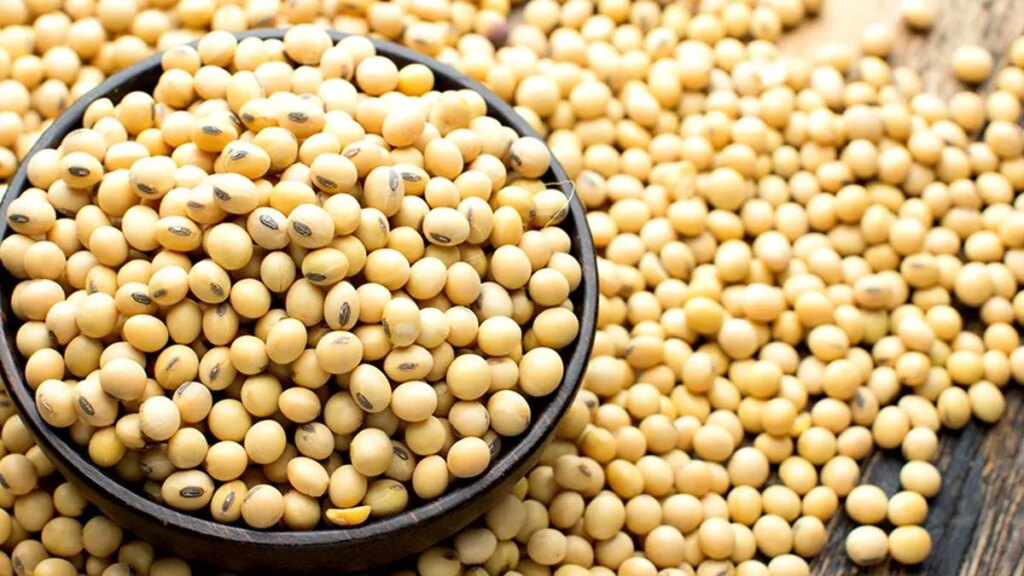The US soyabean industry is projecting the sustainability factor and health benefits of the oilseed as part of its efforts to increase its market share in the global market.
At the SUSTAINASUMMIT conference hosted last week by the US Soybean Export Council (USSEC) in Colombo, Sri Lanka, the industry reached out to South Asian businesses, urging them to integrate sustainability into their business with a focus on responsible sourcing.
Jim Sutter, CEO, US Soybean Export Council (USSEC), pointed to PWC’s Voice of Consumer survey revealed that customers are willing to pay 9.7 per cent more for sustainable or sustainably sourced goods.
GenZ priority
He said GenZ ranked sustainability and climate change higher than crime or health or other concerns in a recent survey. There was no deforestation in growing soybeans and US farmers have reduced land use, soil erosion, energy utilisation and green house gas emissions.
Sutter said US soyabeans now come with four-time transferable US Soy Sustainability Assurance Protocol (SSAP) certificates, which provide an advantage to its importers. The certificates are issued free.
“Sustainably verified US soyabean can play an integral role in meeting customers’ evolving needs for sustainable sourcing, from livestock and aqua feed to soya foods,” he said.
Biofuel use
Kevin Roepke, Regional Director—South Asia and Sub-Saharan Africa, USSEC, said India is the third-largest consumer of soyabean oil in the world. It could try to follow the United Arab Emirates’ example of utilising used cooking oil (UCO) for biofuel.
“India has the infrastructure to tap UCO for biofuels through its quick services for grocery and food. It can reverse that process and pick up used cooking oil,” he said.
He said the USSEC was trying to increase people’s knowledge of protein through its “Right to Protein” initiative. US soyabeans protein content was higher than other origins and provided better health benefits to humans and animals.
Carbon footprint
Stan Born, Director, American Soybean Association, said US soybeans have the lowest carbon footprint compared with other origins. Same is the case with soyabean oil compared with other oils such as palm oil or sunflower oil.
On the sidelines, he told businessline that US soyabeans are harvested after the beans mature fully. In comparison, the crop in Brazil and other countries is harvested before it matures. As a result, farmers in those countries use firewood to dry them.
“US soybeans have high protein, ensuring better growth of poultry and livestock animals. Our soyabean is a high-quality produce,” he said.
Amazon deforestation
Rich Kottmeyer, Managing Director, Food, Agriculture and Beverage, Pivot, said the deforestation of Amazon is serious and it was taking place despite the Amazon Soy Moratorium.
Deeba Giannoulis, regional head of corporate affairs, South Asia and Sub-Saharan Africa, USSEC, said Brazil has overtaken the US as the top soyabean producer, but it has come at a “steep environmental cost”.
Neil Suraweera, CEO of Sri Lanka’s meat exporting firm New Anthoney’s, said consumers are preferring companies that supply products made sustainably. The company had increased its market share by labelling its produce as “Fed with sustainable US soy”.
USSEC focuses on getting market access for the use of US soya for human consumption, aquaculture, and livestock feed in 93 countries. Its members represent the soya supply chain, including farmers, processors, shippers, merchandisers, allied agribusinesses, and agricultural organisations. The council has been working with Indian consumers for close to three decades.
USSEC is trying to promote its soyabean in India in the food and feed sector, particularly in aquaculture, dairy and poultry.
(The writer was in Colombo at the invitation of USSEC)
Published on May 14, 2025

